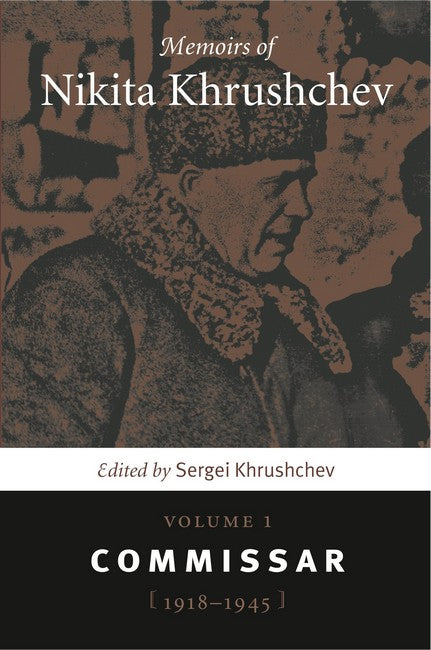Contents
Captions to Photographs
Translators Preface
Editors Foreword
Andrei Bitov. The Baldest and the Boldest
Abbreviations and Acronyms
The Memoirs
Prologue
Part I. The Beginning of the Road
A Little About Myself
The Fourteenth Party Conference
A Few Words About the NEP
The Fifteenth Party Congress
The Move to Kharkov
The Move to Kiev
At the Industrial Academy
Personal Acquaintance with Stalin
Moscow Workdays
The Kirov Assassination
Some Consequences of the Kirov Assassination
In the Ukraine Again
The Ukraine-Moscow (Crossroads of the 1930s)
The Second World War Approaches
The Beginning of the Second World War
Events on the Eve of War
Part II. The Great Patriotic War
The Difficult Summer of 1941
People and Events of Summer and Fall 1941
1942: From Winter to Summer
By the Ruins of Stalingrad
Turn of the Tide at Stalingrad
The Road to Rostov
Before the Battle of Kursk and at Its Beginning
To the Dnieper!
Kiev Is Ours Again!
We Liberate the Ukraine
Forward to Victory!
Postwar Reflections
The Far East After the Great Patriotic War
War Memoirs
Appendices
A Short Biography of N. S. Khrushchev
L. Lasochko. The Khrushchev Family Line: A Historical Note
Sergei Khrushchev. The History of the Creation and Publication of the Khrushchev
Memoirs (1967-1999)
Conversation with N. S. Khrushchev at the Party Control Committee
Biographies
Index

